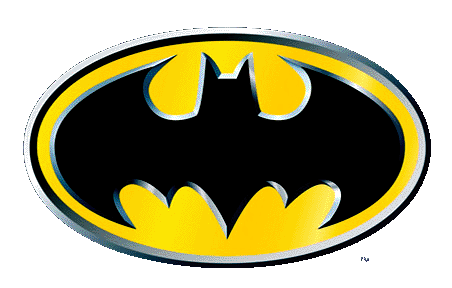Thomas Frank (of What’s the Matter With Kansas? fame) laments the failure of Occupy Wall Street to coalesce into a genuinely effective movement:
Measured in terms of words published per political results, on the other hand, OWS may be the most over-described historical event of all time. Nearly every one of these books makes sweeping claims for the movement’s significance, its unprecedented and earth-shattering innovations. Just about everything it does is brilliantly, inventively, mind-blowingly people-empowering.
And what do we have to show for it today in our “normal lives”? Not much. President Obama may talk about the “top 1 percent” now, but he is apparently as committed as ever to austerity, to striking a “grand bargain” with the Republicans.
Occupy itself is pretty much gone. It was evicted from Zuccotti Park about two months after it began—an utterly predictable outcome for which the group seems to have made inadequate preparation. OWS couldn’t bring itself to come up with a real set of demands until after it got busted, when it finally agreed on a single item. With the exception of some residual groups here and there populated by the usual activist types, OWS has today pretty much fizzled out. The media storm that once surrounded it has blown off to other quarters.
Pause for a moment and compare this record of accomplishment to that of Occupy’s evil twin, the Tea Party movement, and the larger right-wing revival of which it is a part. Well, under the urging of this trumped-up protest movement, the Republican Party proceeded to win a majority in the U.S. House of Representatives; in the state legislatures of the nation it took some six hundred seats from the Democrats; as of this writing it is still purging Republican senators and congressmen deemed insufficiently conservative and has even succeeded in having one of its own named as the GOP’s vice-presidential candidate…
Occupy did lots of things right: It had a great slogan and a perfect enemy and it captured the public imagination. It built a democratic movement culture. It reached out to organized labor, a crucial step in the right direction. It talked a lot about solidarity, the basic virtue of the Left. But in practice, academic requirements often seemed to come first. OWS was taken as a proving ground for theory. Its ranks weren’t just filled with professionals and professionals-to-be; far too often the campaign itself appeared to be an arena for professional credentialing.
